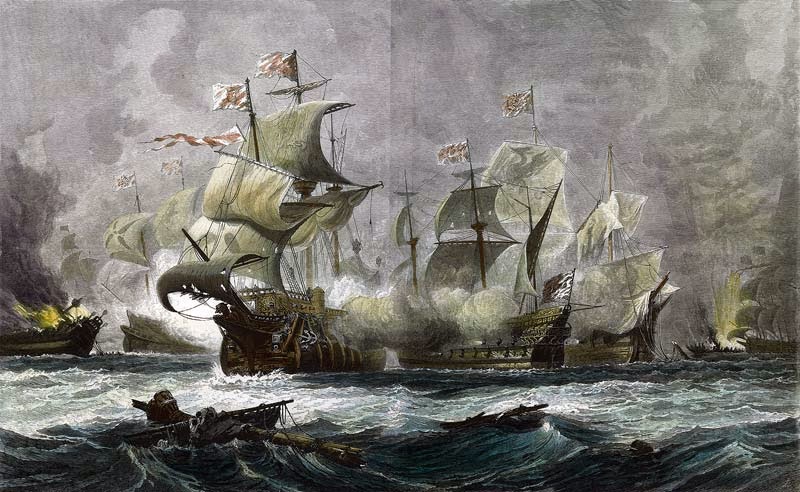


Jeremiah O'Brian and an armed crew aboard sloop Unity joined by other ships attacked and captured schooner HMS Margaretta. Local towns were experiencing first hand harassment by the British, so, like in Fairhaven, they took matters into their own hands. In mid-June moving north we come to the port of Machias, Maine, then part of northern Massachusetts. Daniels Egery, a small force of men from the town of Fairhaven captured two British sloops and their crews. It began what is often considered today a lost chapter of the navy's history. On in the waters of Buzzard Bay, off the coast of Fairhaven, Mass., one of the first naval battles was fought just 25 days after the Battle of Lexington and Concord. Though most of their actions aren't well known, they played a pivotal role in naval operations and showed the importance and need for vessels to challenge the British and their ships of the line. From the littorals, lakes, and the sea, to coastal towns from north to the south, the young republic's hastily pieced-together and inexperienced Continental Navy was mostly made up of private vessels carrying their ?Letter of Marque,? which granted privateers the authority to attack foreign ships. It was an incredible victory for an upstart nation with no navy against the power of Great Britain and the fleet of the Royal Navy. Nearly a year later, the Confederation Congress issued a proclamation on this date (April 11) in 1783, "declaring the cessation of arms" against Great Britain, which had passed a similar proclamation Feb. 19, 1781, the British Parliament made its first overtures to the United States to begin peace talks the following spring. A few months after the British defeat at the Battle of Yorktown Oct. Despite the success of the fledgling Continental Navy during the American Revolution the ending of the war actually brought an end to our nation's first navy.


 0 kommentar(er)
0 kommentar(er)
